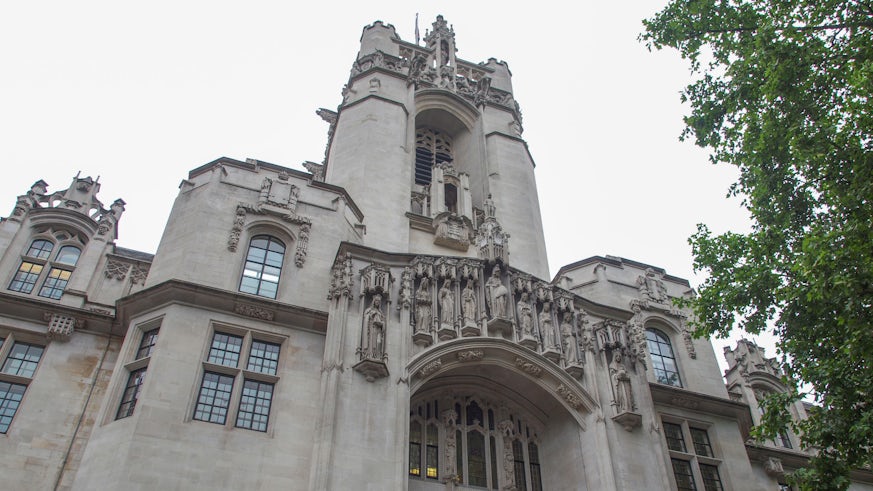Supreme Court judgement “will benefit thousands of patients and families”
30 July 2018

Doctors and families of patients in a vegetative or minimally conscious state no longer need to go to court to be allowed to remove life support – where a robust decision-making procedure has been followed and clinicians and the family are in agreement about what is in the best interests of the patient.
A Cardiff University academic researching the treatment of patients with catastrophic brain injuries has welcomed the Supreme Court judgement which was handed down today (July 30). Professor Jenny Kitzinger hailed today’s decision as a positive step forward in patient-centred care and helping to ensure people are not subjected to futile or unwanted treatment.
The case involved anonymous patient Mr Y, who suffered severe brain damage following cardiac arrest in 2017, leaving him in a vegetative state. Two medical experts agreed that Mr Y was in a very low level of responsiveness with no awareness of himself or his environment, and that it was highly improbable that he would emerge into consciousness. The clinical team and Mr Y's family agreed that it would be in Mr Y’s best interests for Clinically Assisted Nutrition and Hydration (CANH) to be withdrawn.
But until recently, it was believed that an application had to be made to the Court of Protection before this could be done - even if families and doctors agreed it was in the best interests of the patient.
Research by Professors Jenny Kitzinger and Celia Kitzinger, of the Coma and Disorders of Consciousness Research Centre, shows that this can introduce long delays and uncertainty about medical treatment decisions. They argue it involves treating vegetative and minimally conscious patients differently from other patients. Court hearings are also very expensive (about £53,000) and families do not usually have access to legal aid.
Jenny, a professor at Cardiff University’s School of Journalism, Media and Culture, said: “Today’s ruling will save thousands of patients from futile or unwanted treatment and their families across the UK will be spared prolonged pain and distress. We are glad that our research has helped inform such an important debate around end of life care.”
Celia said: “After a severe stroke, or with advanced neurological conditions, it’s common for decisions to be made not to provide or not to continue Clinically Assisted Nutrition and Hydration. These decisions are made by doctors in agreement with families without recourse to the courts. There is no reason to treat patients in vegetative or minimally conscious states differently.”
The researchers emphasised that there are very detailed National Guidelines produced by the Royal College of Physicians, the General Medical Council and the British Medical Association.
Jenny said: “These guidelines should be followed and doctors should consult fully with the family in making a decision about what is best for the patient. Unless there is disagreement or uncertainty, a patient should not be compelled to have months or years of treatment that family and doctors agree are not in the patient’s best interests. The courts of course will remain available as an important resource for addressing cases where there are doubts or disputes.”
In an earlier hearing, the NHS Trust involved in Mr Y’s care sought a declaration that, “it is not mandatory to bring before the Court the withdrawal of CANH from a patient who has a PDOC” (a prolonged disorder of consciousness). The High Court granted a declaration but the Official Solicitor appealed.
Although Mr Y has since died, the Court gave permission for the appeal to proceed, with the judgement being handed down at the Supreme Court today. The Official Solicitor’s appeal was dismissed, with the court ruling there is no obligation in law for doctors and families to seek the court’s approval before removing life support.


